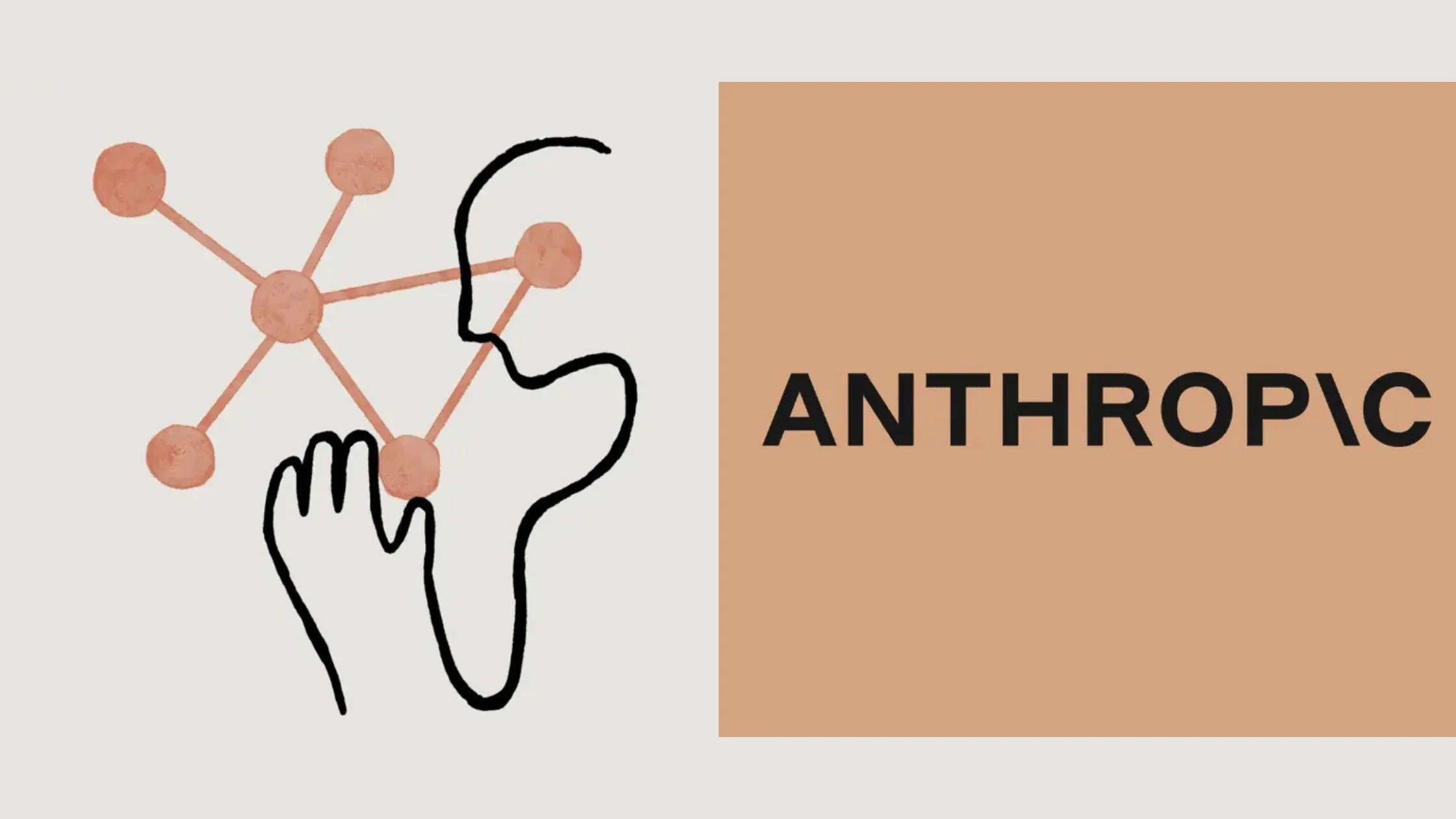Anthropic will introduce new weekly usage limits for its AI assistant Claude from 28 August, in a move aimed at curbing abuse and system strain. The change, announced to subscribers this week, follows a surge in demand for Claude Code, the tool’s AI-powered programming assistant.
While Anthropic states that fewer than 5 percent of users will be affected, the decision could pose challenges for African developers and startups that rely on Claude to build and ship products at speed.
What Is Changing
Until now, Claude operated on a rolling five-hour limit that refreshed every few hours. Starting this month, subscribers will also face weekly caps. Users on the Max 5x plan can expect about 140 to 280 hours of Claude Sonnet and 15 to 35 hours of Opus 4 per week. This limit resets every seven days.
Those running large codebases or deploying Claude across multiple projects will hit these limits faster, particularly if Claude is left running continuously in the background.
Why It Matters for African Developers
In cities like Lagos, Nairobi, and Accra, Claude has quietly become a tool of choice for lean teams working on aggressive timelines. Founders juggling multiple roles often use Claude Code to draft boilerplate, debug snippets, and even architect backend logic.
But the new caps could hit bootstrapped teams the hardest. A single Claude account is sometimes used across a whole hub or startup. With limits now in place, access could become fragmented mid-sprint, forcing teams to switch tools or workflows abruptly.
Speaking to Techsoma Africa, a fullstack developer said:
“We are three engineers using the same Claude Opus plan. If we lose access, our shipping velocity drops.”
Claude’s Growth and Policy Crackdown
Anthropic says the changes are necessary. The company reported “unprecedented growth” in usage, along with policy violations like account sharing and reselling access. These, combined with users running Claude 24/7 in the background, have strained infrastructure.
The company has also faced criticism in recent weeks over service reliability and model speed, issues it says it is actively addressing.
What to Watch
The move raises questions about scalable access to AI tools in Africa. As generative AI becomes a standard tool for developers, limits like these expose structural gaps, including the lack of localised alternatives and the over-reliance on platforms governed by foreign usage policies.
Anthropic says it may adjust these limits over time and is exploring new options for high-usage cases. Until then, African developers may need to rethink their tool stack, or combine Claude with open-source models to stay productive within the new constraints.
Editor’s Note
As Africa’s developer ecosystem matures, tool access is no longer just about features, it is about sustainability. Founders building for scale will need to consider how vendor rate limits, infrastructure bottlenecks, and policy shifts shape their long-term dev strategy.
This article was rewritten with the aid of AI
At Techsoma, we embrace AI and understand our role in providing context, driving narrative and changing culture.














